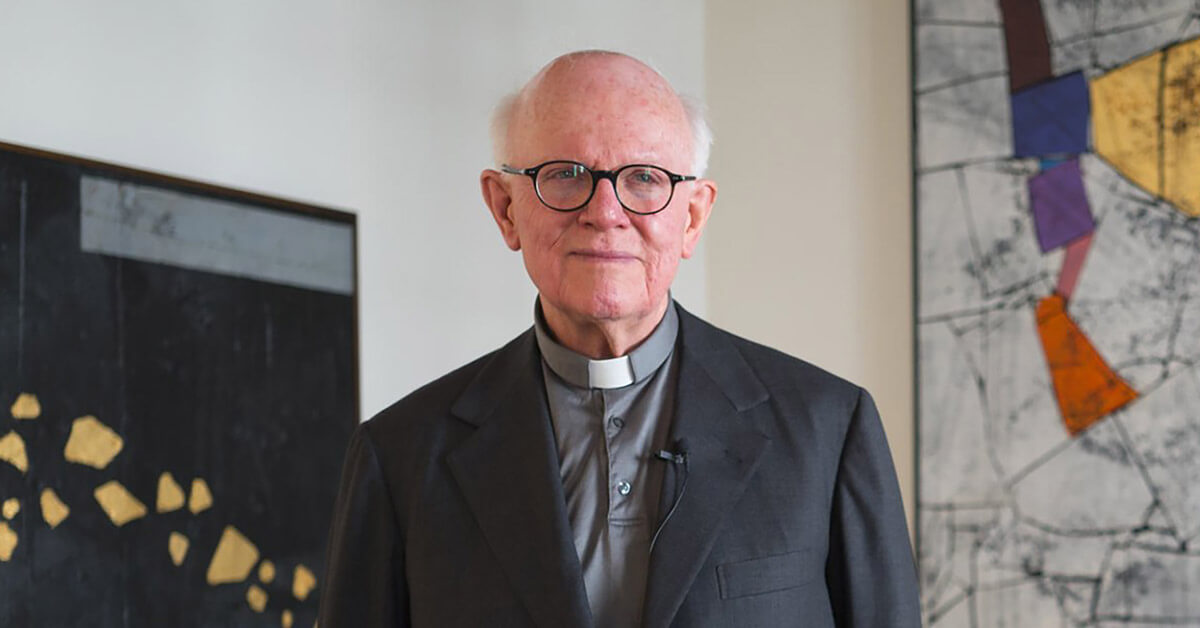Monsignor Timothy Verdon
The Bynum Merritt Hunter Memorial Lecture
Monsignor Timothy Verdon, art historian and museum director, will speak on “Sacred and Profane in Renaissance Florence: Faith, Wealth, Power and Service.” He is a celebrated historian of sacred art and has written extensively on Medieval and Renaissance art. He has curated numerous exhibitions in the US and abroad. His newest book, The Sistine Chapel: Michelangelo’s Magnum Opus, explores one of the great masterworks of western art – its history, its purpose, and its legacy as a symbol of Christianity’s deep interconnection with artistic expression.
As Director of the Museo dell’Opera del Duomo (Cathedral museum) in Florence, he is the steward of some of the greatest sculptures of the Central Italian Renaissance, by Donatello, Ghiberti, Luca dell Robbia, Michelangelo and many others. He oversaw the museum’s dramatic re-installation in 2012-15, converting the Museo dell’Opera into one of the finest sculpture museums in the world. He is responsible for a further enlargement of the museum, which is currently underway.
A Roman Catholic priest, Monsignor Verdon is a canon of Florence Cathedral and a former Consultor of the Vatican Commission for Sacred Art and Religious Heritage. He is a former Fellow of the Harvard University Center for Italian Renaissance Studies in Florence (Villa I Tatti). For twenty years he taught for Stanford University’s Florence Study Center.
The Bynum Merritt Hunter Memorial Lecture
Bynum Hunter was the symbol of decency, collegiality, and courtesy, a true “Southern Gentleman.” He was a graduate of Woodberry Forest, the University of North Carolina at Chapel Hill, and UNC Law School. As captain of the Carolina track team, he ran at Madison Square Garden. Known for his brilliance and prowess in the courtroom, he was the youngest inductee to the American College of Trial Lawyers and served as President of the North Carolina Bar Association. Fiercely devoted to his country, his family, his friends, and the common cause of humanity, he served as a second lieutenant in the Navy during World War II. When his wife, Bonnie McElveen-Hunter, served as the United States Ambassador to Finland, he was proud to be at her side in Helsinki. Hunter was a man of impeccable character, integrity, social graces, and patriotism.
